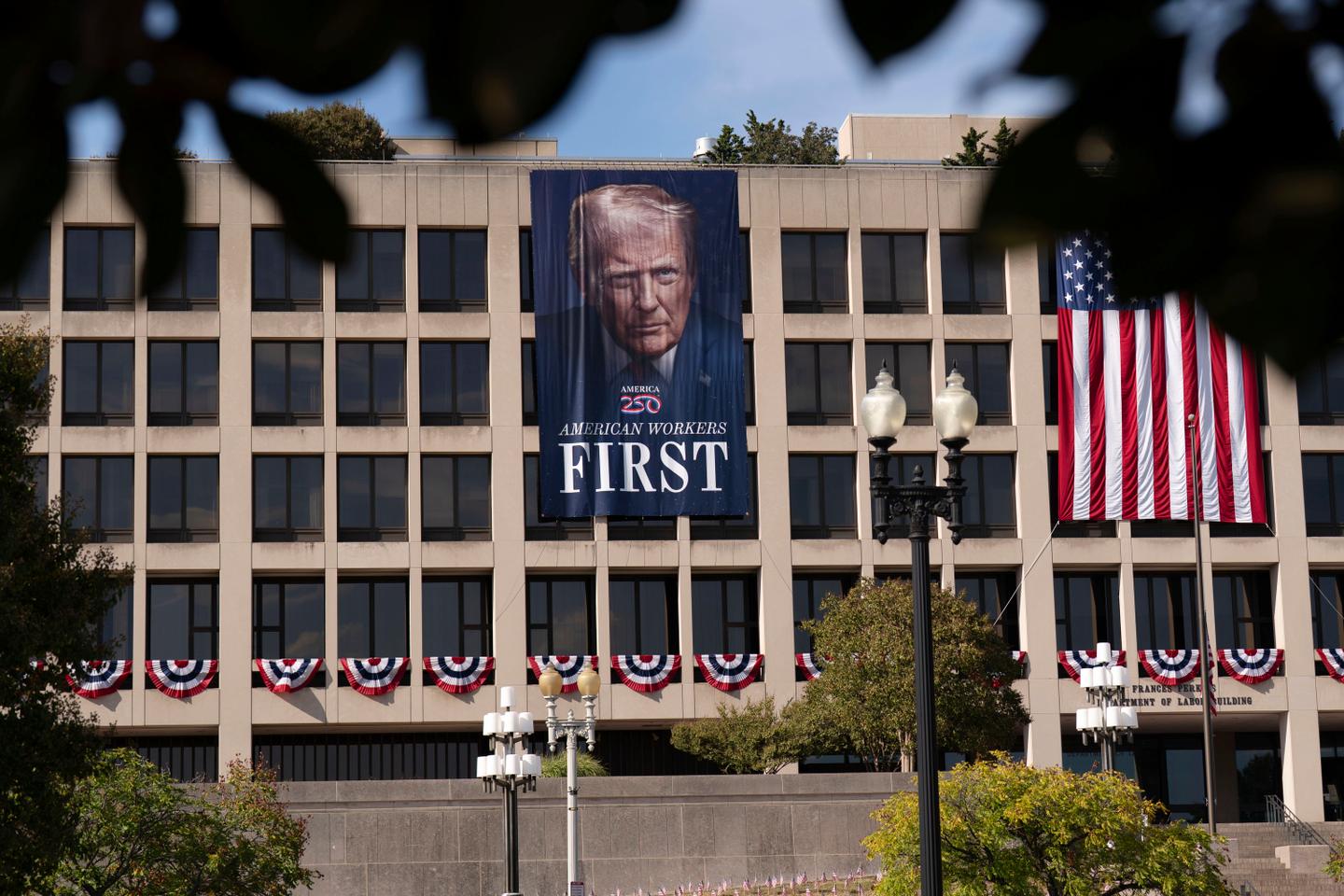


Week after week, Donald Trump has been unraveling that which made American democracy so strong and unique since World War II. He has insulted historic allies, beginning with European countries, and opened his arms to his nation's former enemies. He has trampled the independence of institutions and weakened checks and balances. On the economic front, he has instrumentalized trade policy as a tool to strong-arm partners. In a confusion of roles that has been both brutal and opportunistic, he has intervened in business affairs to an extent that none of his predecessors had dared to do.
On August 22, Trump announced that the US government would acquire a 10% stake in the microprocessor giant Intel, after having become the main shareholder in the rare earth company MP Materials. On August 26, his secretary of commerce, Howard Lutnick, suggested that he could do the same with certain defense sector firms, and that the American president did not limit himself in such matters. Admittedly, the seeds of the issue had been sown some time ago, with roots stretching back to Joe Biden's administration. Yet now it is clear: Under Trump's leadership, the US political system and American capitalism – the two being inseparable – are undergoing a transformation.
Dorit Geva, professor of political science at the University of Vienna and a specialist of radical right-wing movements, describes the current moment as "post-neoliberal." Not in the sense that neoliberalism has been buried. It is still alive, she explained, but it has been reconfigured, with the state returning to power, not to strengthen redistribution and the public good, but to serve as a firm authoritarian hand, advocating conservative and ethno-nationalist values.
Authoritarian populism
One of the laboratories for this post-neoliberalism, which the far right advocates today, is Hungary, which Geva has studied closely. Viktor Orban's regime has maintained pro-market policies, but in the context of an authoritarian and xenophobic project, with consumer support measures that are tinged with natalism – for example, housing benefits that depend on the number of children.
You have 43.89% of this article left to read. The rest is for subscribers only.
